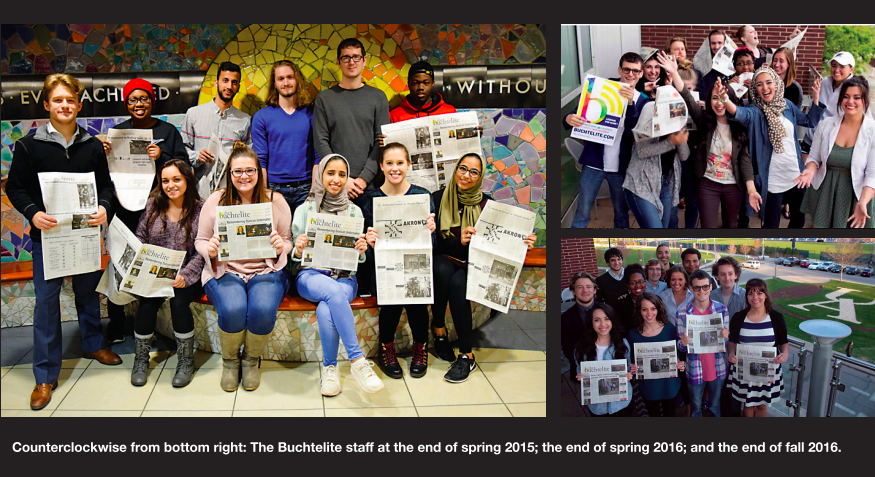“Have you ever smoked marijuana before? According to the Office of National Drug Control Policy, half of college students in the United States have, within their lifetime, tried marijuana before. What most students are unaware of is that possession of this substance can be construed as a minor misdemeanor, according to Ohio drug laws.”
“
Have you ever smoked marijuana before?
According to the Office of National Drug Control Policy, half of college students in the United States have, within their lifetime, tried marijuana before.
What most students are unaware of is that possession of this substance can be construed as a minor misdemeanor, according to Ohio drug laws.
While this may not seem like a huge concern, this misdemeanor may lead to students’ loss in financial aid.
According to Doug McNutt of the student financial aid office at the University of Akron, prior to the 2006-07 school year if a person had been convicted of possessing or selling, they would not be able to receive financial aid unless they went through a program that cleared their record. In other words, even if a person was convicted of a drug crime in high school, he or she would not be able to receive financial aid for the juvenile conviction.
The rules are less strict now, but they still focus on drug crimes.
Now, the drug program mainly deals with those who are already receiving financial aid at the time they commit the crime, McNutt said. Unless the person completes a federally approved rehabilitation program and is cleared by the federal government to receive aid, he or she will no longer be eligible to receive aid.
According to the U.S. Department of Education, 69 percent of students are receiving an average of $7,619 in financial aid, including loans, scholarships and work study programs, at four year public institutions nationwide.
This process began in 1998. A question was added to the FAFSA which read, Has the student ever been convicted of possessing or selling illegal drugs?
According to the U.S. Department of Education, the first conviction will deny students aid for one year. The second will deny the student aid for two years, but the third will deny the student aid indefinitely.
For convictions that involve selling, aid is denied for two years for a first-time offense, while the second conviction denies the student aid forever.
According to the Students for Sensible Drug Policy, nearly 200,000 students have lost their financial aid since the law was first passed.
The question, however, has risen in the senate as to the legality of this punishment. In an article in Diverse Hispanic on Sept. 30, U.S. Rep. Bobby Scott (D-VA.) questioned the FAFSA form.
I’ve always had a problem with that [question] because upper-income students who get convicted can continue their education, but if you actually need student aid, you lose your education, he said at a House education hearing.
I don’t think it’s a good idea to have this law, said University of Akron student Tim Byers. If you can keep your grades up, (and use marijuana recreationally) why does the government care?
This is not a major issue at our institution, McNutt said.
“

